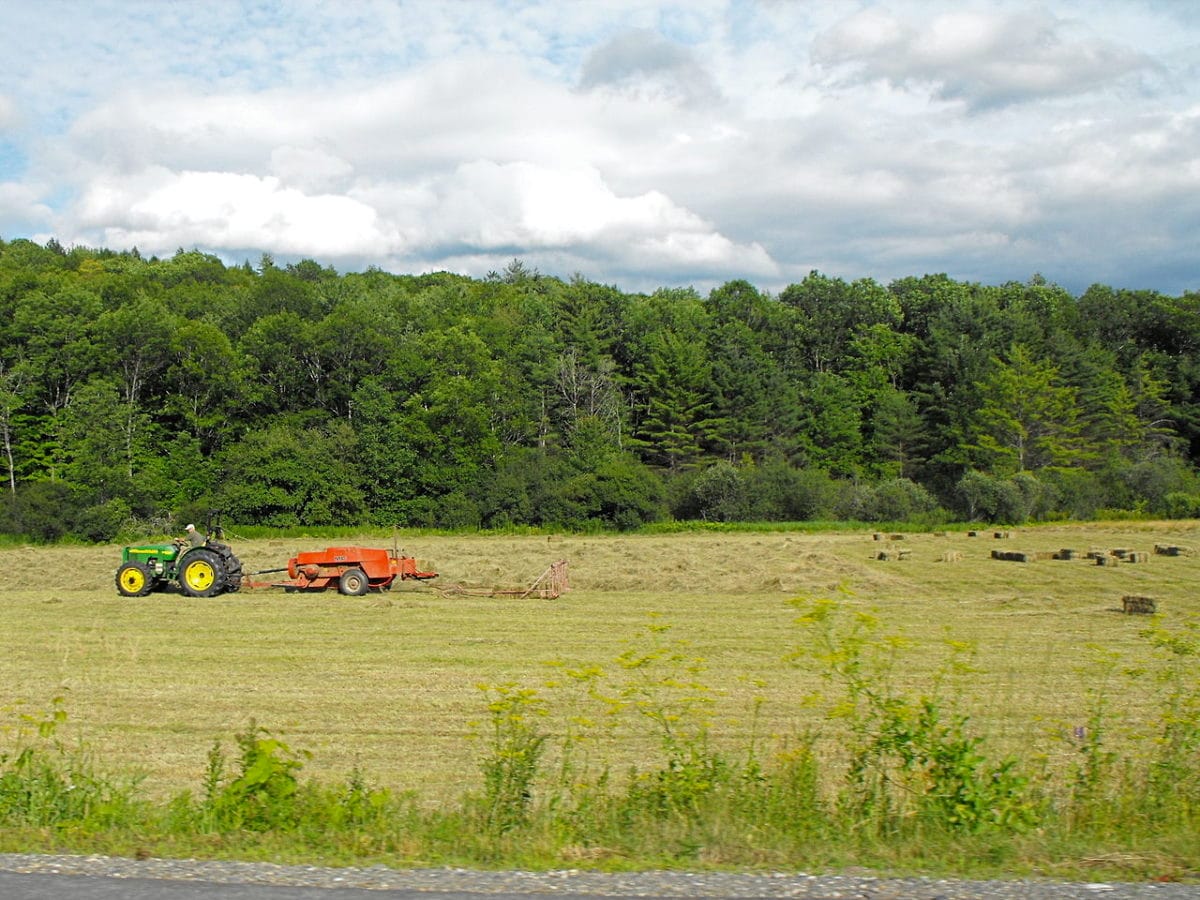Coronavirus Roundup: Vermont Bridges Broadband, Facebook in Developing Countries, Slower Global Internet Speeds
May 7, 2020 — The Vermont Department of Public Service has introduced a plan intended to completely bridge broadband gaps in the state. By spending about $300 million, dependent on additional federal aid, the plan hopes to provide high-speed internet to almost a quarter of the state that does not cu










Member discussion